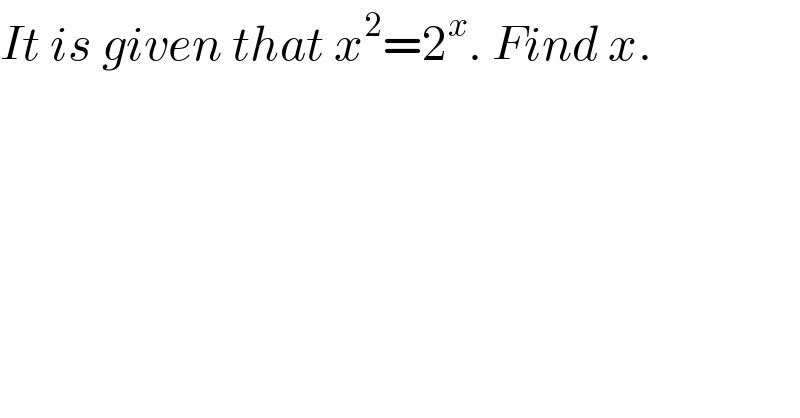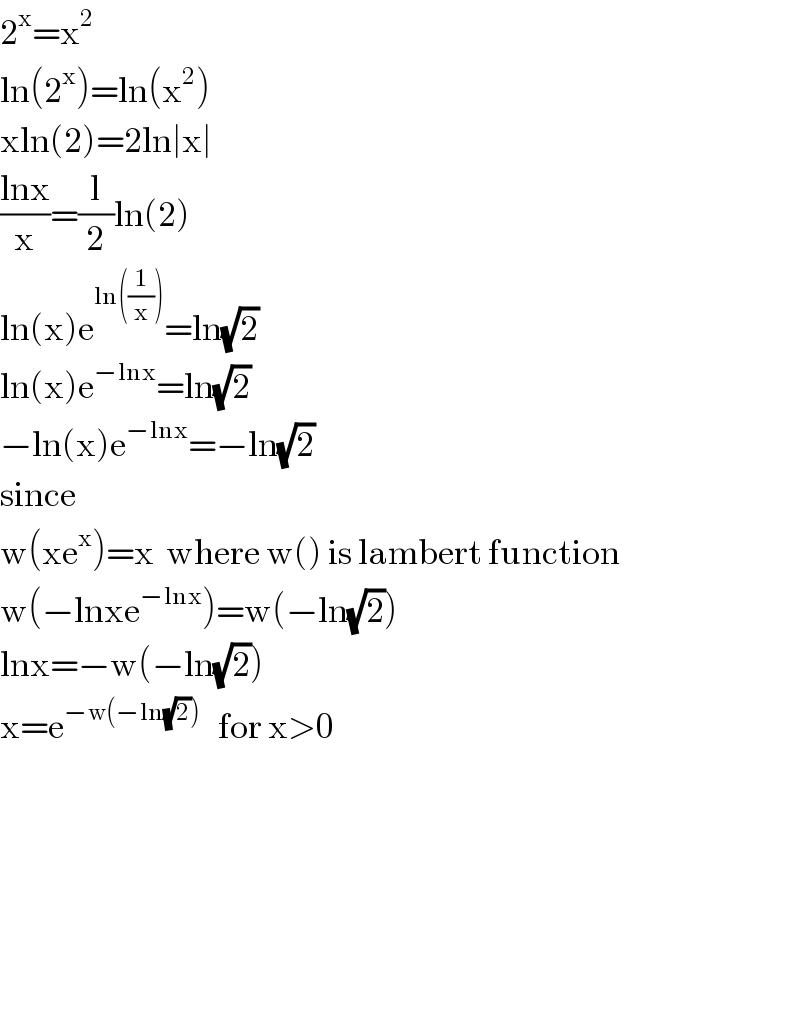
Question and Answers Forum
Question Number 96321 by Mathudent last updated on 31/May/20

Commented by bemath last updated on 31/May/20

Answered by selea last updated on 31/May/20

Commented by Mathudent last updated on 31/May/20

Commented by selea last updated on 31/May/20

Commented by mr W last updated on 31/May/20

